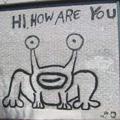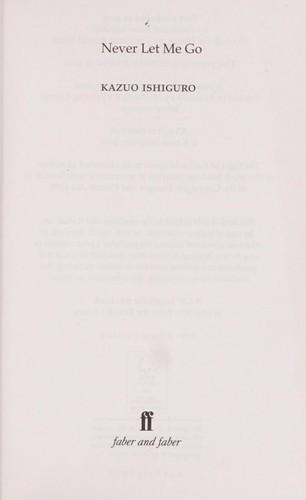Jim Brown reviewed The Message by Ta-Nehisi Coates
Tempting to think that a book might break through
The tide has certainly shifted in the U.S. when it comes to the conversation around Palestine, and this book is more evidence of this. It is tempting to think that because Coates is the author, this book will somehow break through or crack open the rhetorical situation and allow things to be said that have, to date, been deemed unsayable. But I think that's a dream. Unfortunately, the shift in public conversation has tended to coincide with a ratcheting up of the killing of civilians. Those who think that rhetoric and discourse are an alternative to violence will have to contend with that fact.
"An inhuman system demands inhumans, and so it produces them in stories, editorials, newscasts, movies, and television. Editors and writers like to think that they are not part of such systems, that they are independent, objective, and arrive at their conclusions solely by dint of …
The tide has certainly shifted in the U.S. when it comes to the conversation around Palestine, and this book is more evidence of this. It is tempting to think that because Coates is the author, this book will somehow break through or crack open the rhetorical situation and allow things to be said that have, to date, been deemed unsayable. But I think that's a dream. Unfortunately, the shift in public conversation has tended to coincide with a ratcheting up of the killing of civilians. Those who think that rhetoric and discourse are an alternative to violence will have to contend with that fact.
"An inhuman system demands inhumans, and so it produces them in stories, editorials, newscasts, movies, and television. Editors and writers like to think that they are not part of such systems, that they are independent, objective, and arrive at their conclusions solely by dint of their reporting and research. But the Palestine I saw bore so little likeness to the stories I read and so much resemblance to the systems I've known that I am left believing that, at least here, this objectivity is self delusion."















